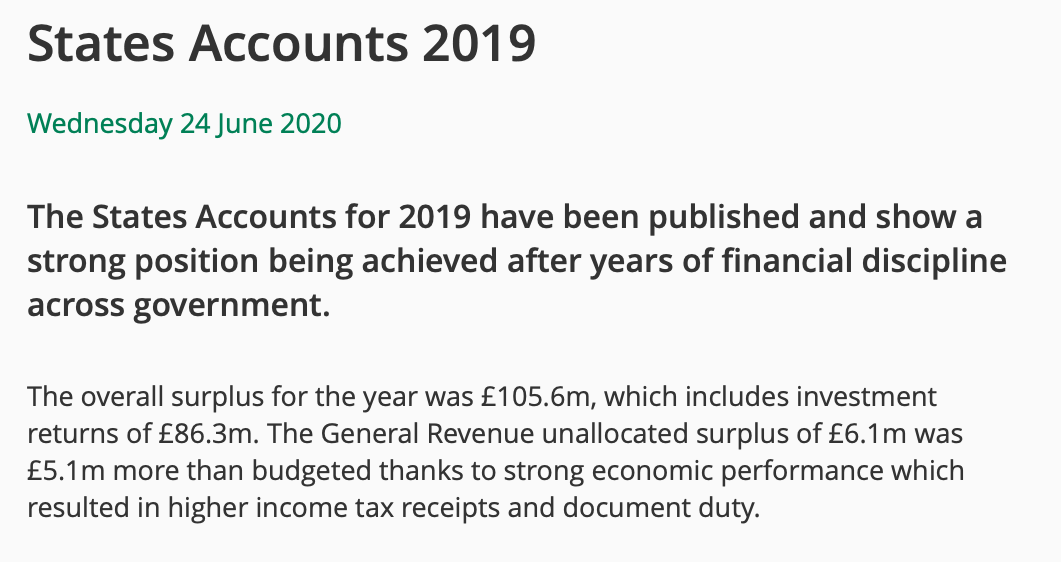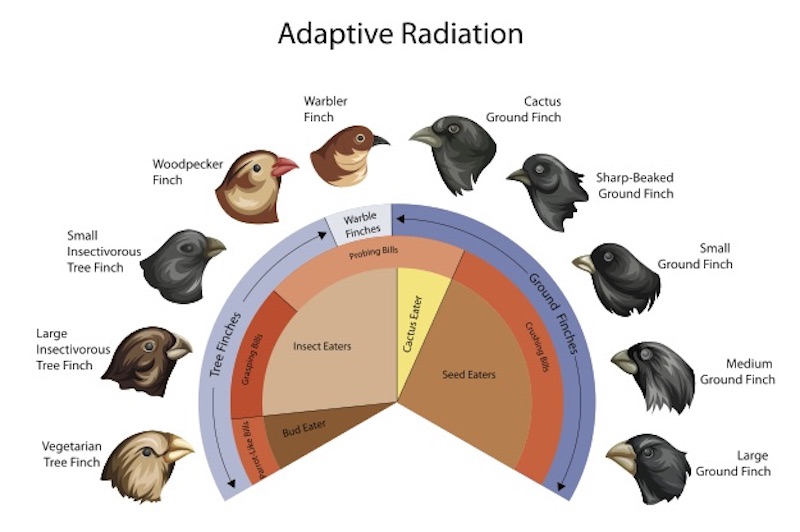


Moving to normal accounting practices should be a government priority, according to a Guernsey think-tank, which says that the States' accounting principles are "misleading" to such an extent that they could lead to wrong decisions being made on spending and taxation.
The Guernsey Policy & Economic Group (GPEG) has fired words of warning at the States over its "unusual" accounting habits, which the group says need to be replaced by internationally-recognised accounting standards as a matter of urgency.
In response, the States said the transition towards making the States of Guernsey's compliant with International Public Sector Accounting Standards is already underway.
"This is a significant piece of work and one that has had to be prioritised against government’s other priorities, but it is being actively progressed," said a spokesman.
The GPEG report's authors say that, as far as priorities go, this should be number one, as it underpins all other financial decision-making.
"Unclear, misleading and complex accounting figures can clearly lead to wrong decisions on spending and taxation as well as obfuscating measures of effective government," wrote Jon Moulton and Lord Digby Jones.

Pictured: The think-tank concludes that the States accounts give "an unreasonably cheerful picture of the strength of the island’s balance sheets."
"It's not hard to move to normal accounting. Our single recommendation is to do so. Before any recovery plan [from the pandemic] can be agreed, we need to understand with confidence, our starting position. It is GPEG’s view that this should be priority number one."
Funding to do this was committed some 8 years ago and the pair are questioning why it has not happened yet.
"The States follow a financial reporting system that is really quite odd and provides ample opportunity for people to be confused and for misleading numbers to be generated or used," they wrote.
"There is considerable use of “off-balance sheet accounting” – with odd consequences. For example, any operating losses of the airport or the harbours (and quite a few other things) would not get deducted in arriving at the States “surplus” that was enthusiastically published by the last States.
"GPEG firmly believes that on any normal accounting basis the 2019 “surplus” would have been a substantial deficit."

Pictured: Mr Moulton and Lord Digby-Jones say Guernsey’s accounting "seems to have evolved like one of Darwin’s finches."
The full report - which GPEG says the States saw a late draft of - details many of the "odd" practices that the think-tank is rallying against.
"Indeed, the accounting is so odd that the auditors do not bless the accounts of the States’ activities," they state. "The more usual “true and fair” opinion is not given – merely compliance with the States’ home-grown accounting principles.
"The auditors do not provide the usual level of assurance that you should expect to see, which in itself gives a strong indication of their confidence in accounting process used by the States of Guernsey."
They conclude that the current methods of accounting "are very overdue for being brought into the norms of accounting generally followed globally."
Pictured top: Jon Moulton and Lord Digby Jones (Credit: GPEG).
Comments
Comments on this story express the views of the commentator only, not Bailiwick Publishing. We are unable to guarantee the accuracy of any of those comments.